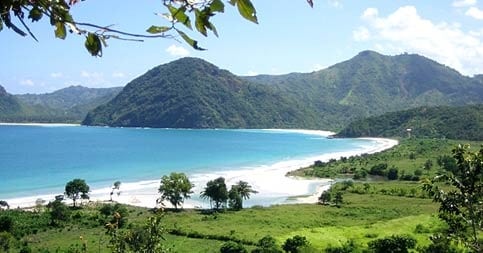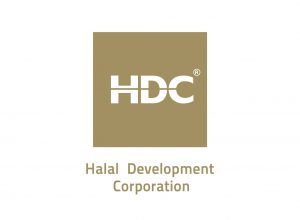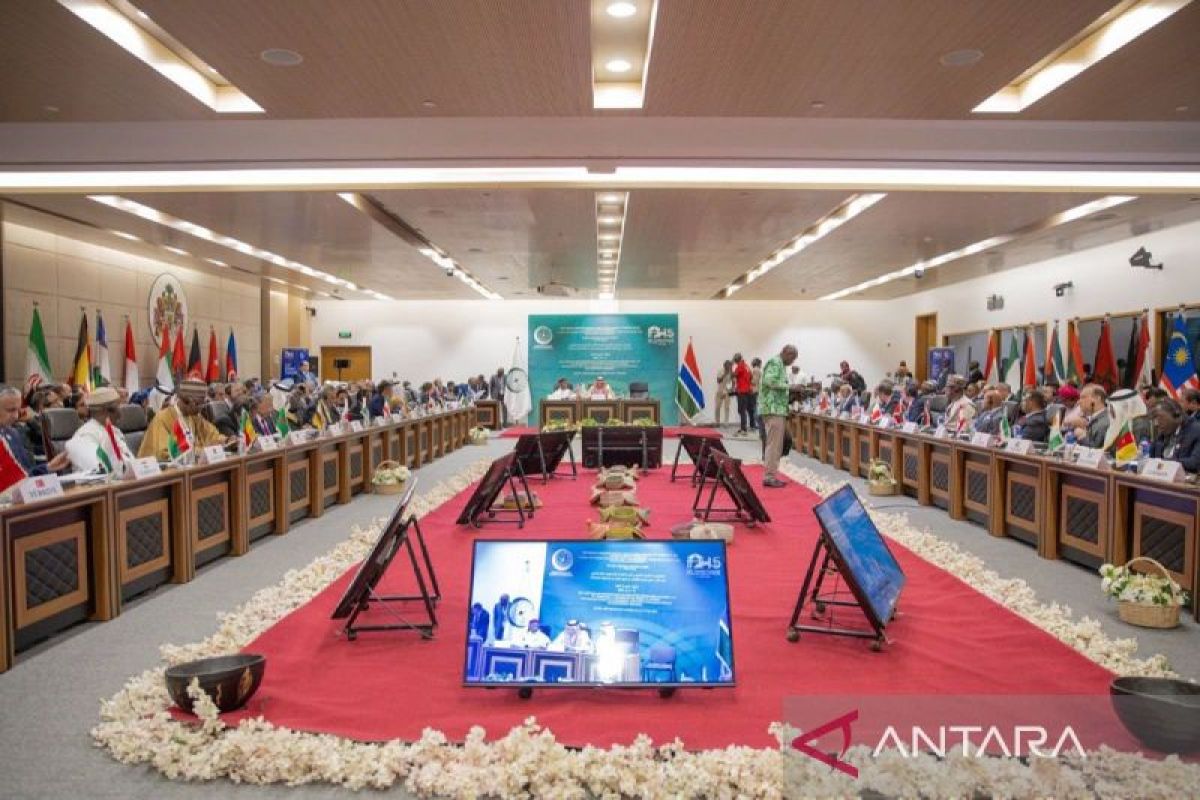-
Panca Nugraha and Eisya A. Eloksari – The Jakarta Post

Halal tourism has struggled to thrive in parts of the country, with some concerned about the consequences “Islamization” might have on the local cultures that embrace the halal tourist industry.
Myths surrounding the concept, such as a prohibition on swimming at halal tourist destinations, have worsened the situation, making Islam looks like a foe instead of a friend of tourism.
At the same time, Indonesia’s Asian peers have capitalized on the halal market, promoting restaurants and prayer houses to attract Muslim travelers.
Indonesia Halal Lifestyle Center (IHLC) chairman Sapta Nirwanda said in Jakarta Thursday that the concept of halal tourism should be adopted to unlock the growing potential of halal tourism in the country.
He pointed to South Korea as a country where there was a growing number of Muslim tourists, partly due to its success in promoting halal tourism and making it easy for tourists to identify halal eateries.
Korea holds an annual event called Halal Restaurant Week, which promotes Muslim-friendly Korean dishes at 250 restaurants.
According to the Korean Tourism Organization (KTO), the country welcomed 511,017 Muslim tourists in the first half of this year and expects to draw in a total of 1 million people by year-end, an increase from 970,000 people in 2018 and 870,000 in 2017.
“Indonesia has yet to seize the opportunity to attract 200 million potential Muslim tourists and we are still behind our neighboring countries,” Sapta told the press.
According to Tourism Ministry data, Indonesia only welcomed 3.4 million Muslim tourists or about 22 percent of the total 15.8 million tourists last year. The number is lower than Malaysia’s 6.4 million Muslim visitors and Singapore’s 4.1 million visitors in the same year.
The 2018 Global Islamic Economy (GIE) report ranked Indonesia fourth in terms of halal travel, behind the United Arab Emirates, Malaysia and Turkey.
GIE estimated the global spending value of the halal tourist industry to grow to US$274 billion by 2023 from $177 billion in 2017.
In early September, the North Sumatra administration announced a plan to promote halal tourism around Lake Toba in Samosir regency in a bid to attract more Muslim tourists from neighboring Malaysia and Brunei Darussalam. However, the plan was met with resistance, with some locals arguing it would contravene local customs in the regency, which is predominantly Christian.
Sapta said he was hopeful about Indonesia developing its halal tourism, citing the study by the IHLC, which showed the sector would have the highest compound annual growth rate (CAGR) of 7.7 percent from 2017 to 2025 when compared to the halal cosmetics, fashion, food, media and pharmaceutical sectors.
West Nusa Tenggara is an example of a region that has focused on developing halal tourism. It was nominated as the World’s Best Halal Tourist Destination and World’s Best Halal Honeymoon Destination in 2015.
West Nusa Tenggara Governor Zulkieflimansyah said his administration had prepared an island to become the pilot project for halal tourist development.
His goal is to prove that Islam is compatible with tourism, as he said he believed halal tourism was synonymous with positive aspects of tourism in safety, order and enjoyment.
“A lot of people still think that halal tourism will ban swimming, for example. These kind of rumors hamper the development of halal tourism and causes fear among tourists and business players alike,” he said on Oct. 10.
However, Turkey has shown that Muslim-friendly resorts and beaches, which feature separate swimming pools and beach areas as well as family-friendly entertainment, can be successful.
The GIE report states that halal resort businesses in Turkey have been flourishing with a turnover of $184 million in 2017, an increase of 450 percent in the bed capacity for resort areas over the past five years and the launch of new hotels yearly.
Indonesian Ulema Council (MUI) chairman Ma’ruf Amin said people needed to understand that halal tourism emphasized services, not the alteration of tourist attractions.
“Tourism from the halal perspective means providing Islamic-related services such as halal restaurants, prayer rooms and halal hotels, not changing the tourist destination to become halal,” he said at the International Halal Tourism Conference in Mataram on Lombok Island, West Nusa Tenggara, on Oct. 10
Meanwhile, MUI head of international relations Muhyidin Junaidi suggested that the government create a division for halal tourism under the Tourism Ministry to establish a standardized halal travel guide.
“This is so the government, business players, tourists and all stakeholders can have the same perception of halal tourism,” he said during the conference’s press meeting on Oct. 11
Muhyidin went on to say that the conference also recommended that the government focus on educating people about Muslim-friendly services as well as expediting the process of halal certification in order to enhance halal tourism moving forward.
Indonesia Halal Lifestyle Center (IHLC) chairman Sapta Nirwanda will be on the Muslim Friendly Travel into the Next Decade: Market Insights and Trends panel at the Halal Economy Conference in London, UK, on 5-6 December 2019 @ExCel London. Register now for a free entry ticket limited time only.



